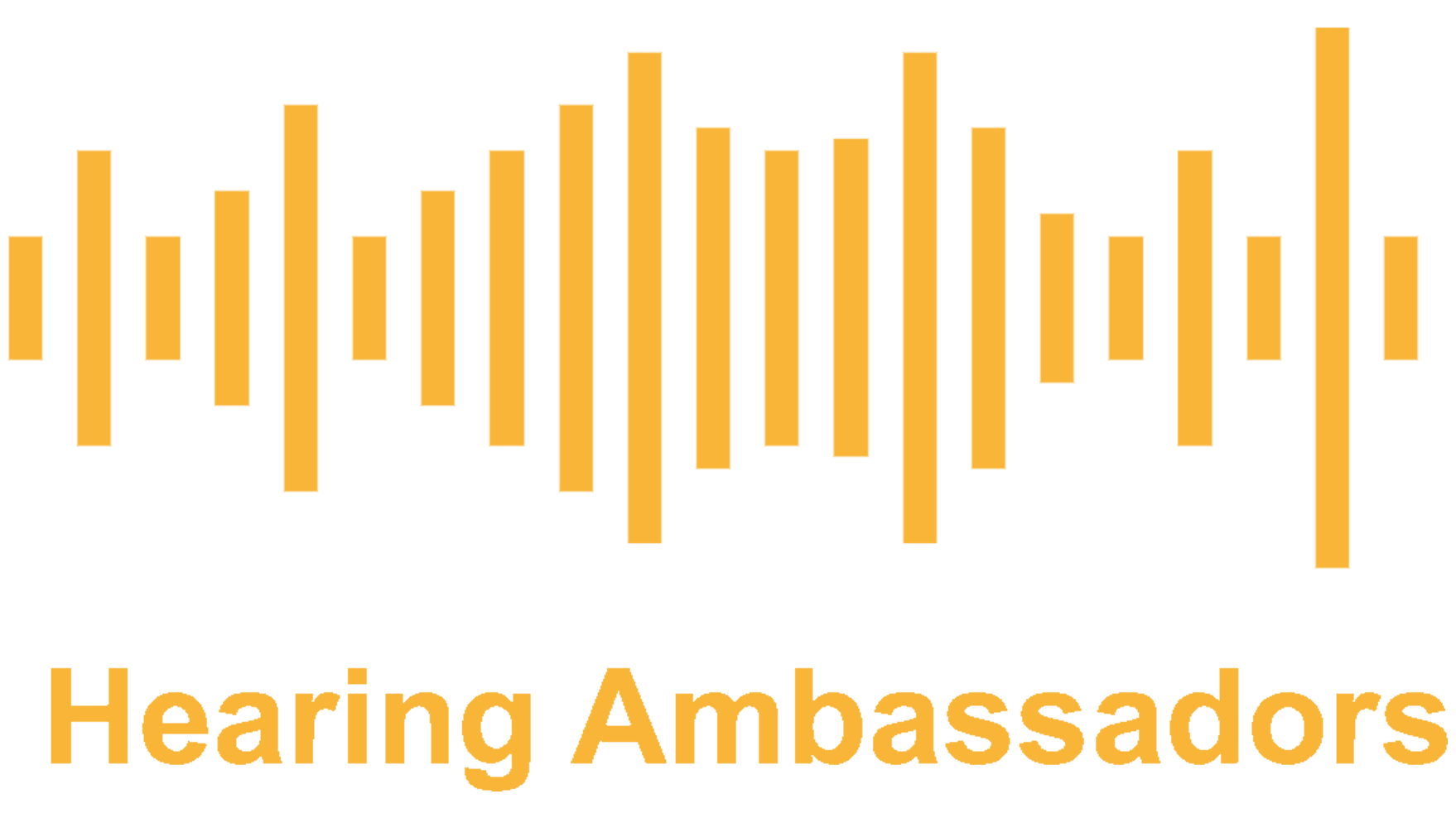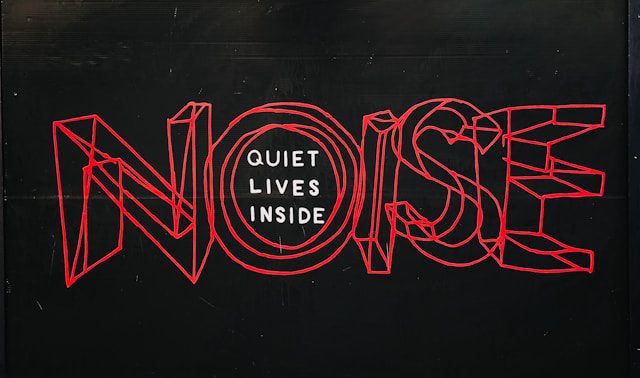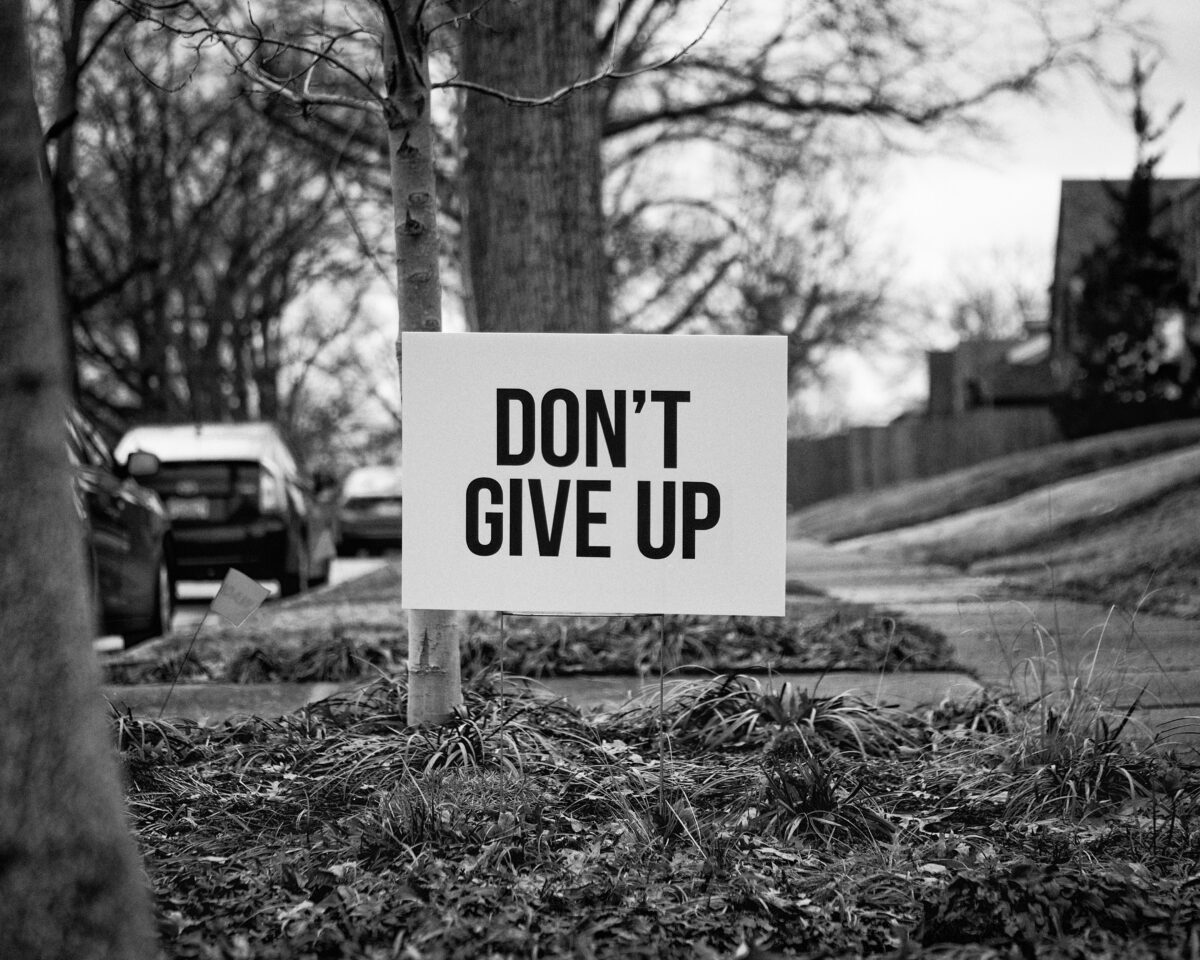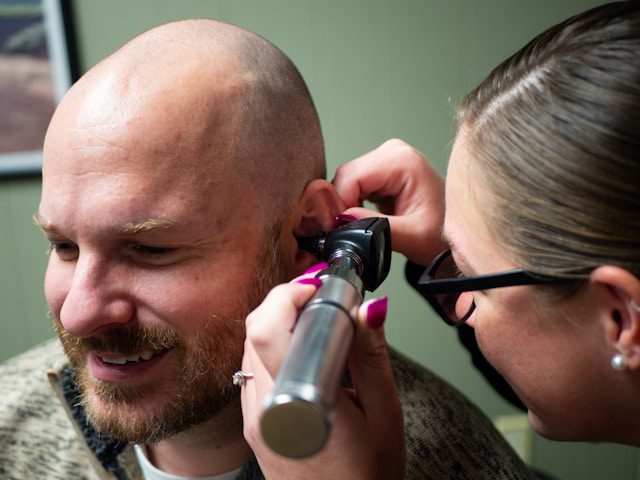We all know that too much noise can be annoying. But what if it’s doing more than just fraying our nerves? What if the sounds we’re surrounded by every day—traffic, leaf blowers, nightclub beats, even that never-ending building work—are doing real, lasting damage to our bodies?
It turns out, they are.

Noise: More Than Just a Nuisance
Noise is often brushed off as a minor inconvenience. We might roll our eyes at a loud neighbour or plug in headphones to drown out a train carriage. But medical researchers are starting to warn us that noise pollution—unwanted or harmful sound—isn’t just an irritant. It’s a health risk.
Prolonged exposure to loud noise doesn’t just affect your hearing (though that’s serious enough). Studies now show that noise can:
-
Increase your risk of heart disease
-
Disturb your sleep (even if you don’t fully wake up)
-
Raise your stress levels and blood pressure
-
Impair your concentration and mental well-being
-
Contribute to cognitive decline in older adults
That’s quite a list—and it’s not just about volume, but chronic exposure, even at moderate levels.
How Does It Work?
When your ears detect a loud or persistent loud sounds, your body reacts. Stress hormones like cortisol and adrenaline surge. Your heart rate speeds up. Your muscles tighten. You go into a low-grade fight-or-flight state—without even realising it.
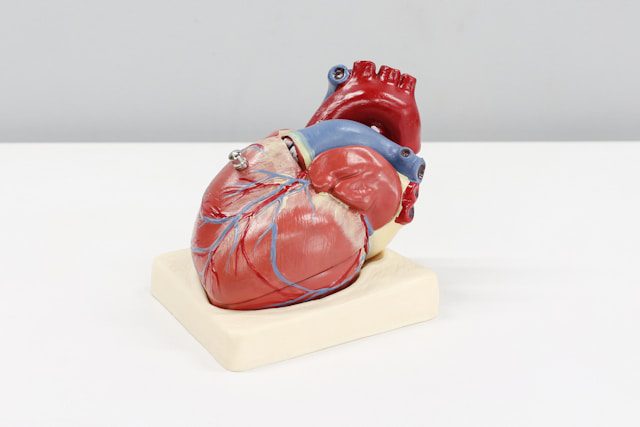
In a quiet woodland, this would be a short, healthy response to danger. But in the middle of city traffic or surrounded by constant background noise, it becomes ongoing. Over time, your body can’t keep up—and the results can be damaging.
Who’s Most at Risk?
While anyone can be affected by noise, some groups are particularly vulnerable:
-
Children, whose brains are still developing
-
Older adults, especially those already coping with hearing loss or dementia
-
Shift workers, who often sleep during the day in noisier environments
-
People living in urban or low-income areas, where traffic, transport, and crowd noise are hardest to escape
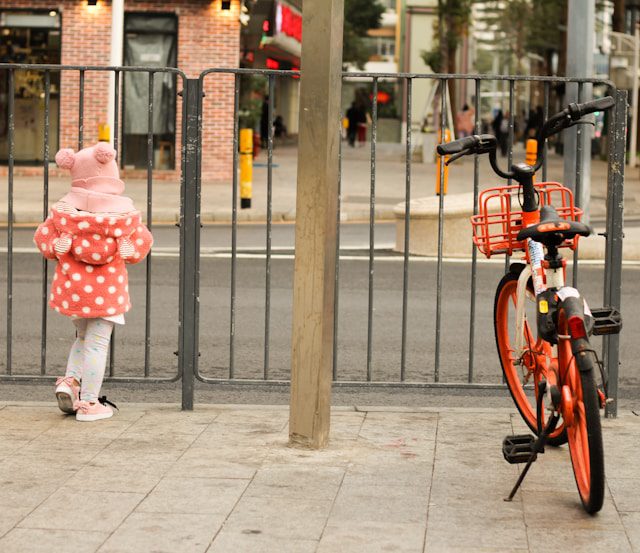
The Hidden Link to Hearing Loss
Of course, one of the most direct effects of loud sound is damage to our hearing. Regular exposure to sounds above 85 decibels (think lawnmower or loud café) can gradually damage the tiny hair cells in your inner ear. Once they’re gone, they don’t grow back.

But even before hearing loss sets in, noise can have an impact—causing ringing in the ears (tinnitus), difficulty concentrating, and auditory fatigue, where listening just becomes exhausting.
What Can We Do?
We can’t eliminate all noise from our lives, but we can take steps to protect ourselves:
Lower the volume on personal devices and TVs
Use earplugs or noise-cancelling headphones in loud places
Create quiet zones at home—especially in bedrooms
Take regular breaks from noise, just as you would from a screen
Seek out nature whenever possible—green spaces are quieter and reduce stress
Raise awareness about noise pollution in your community

Final Thoughts
Noise isn’t just a background issue. It’s a silent threat to our health and well-being—and it deserves our attention. By understanding the risks and taking simple steps to reduce our exposure, we can protect our ears, our hearts, and our peace of mind.
So next time you find yourself cringing at the roar of a motorbike or the din of a busy café, trust your instinct. Your body knows what it’s doing—and it’s telling you: this noise is not good for me.
Further reading: There is a great article in The Guardian newspaper
Check out our Fun Facts on Sound Warriors website too!
